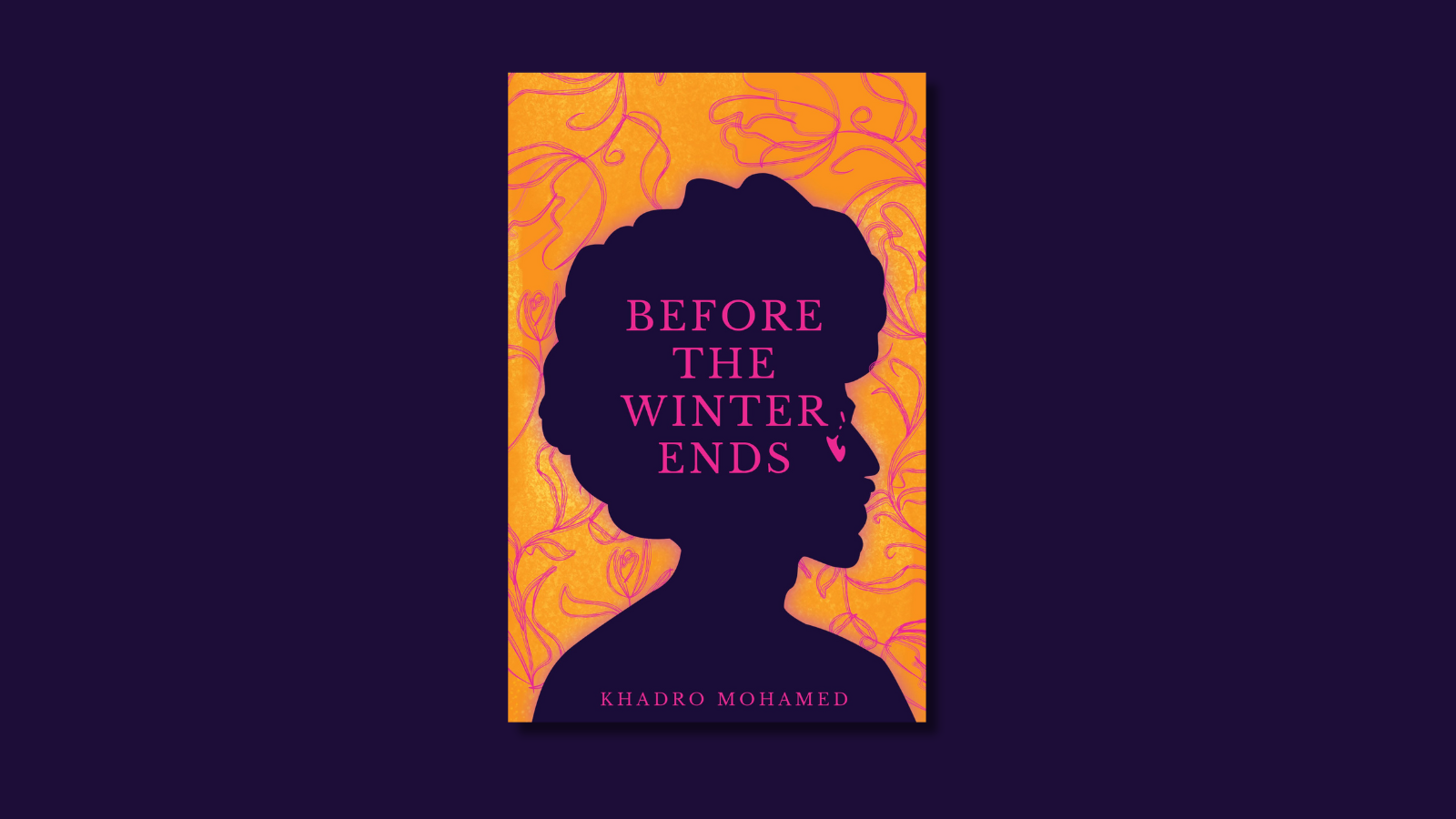Before the Winter ends is the debut novel of Te Whanganui-a-Tara writer and poet Khadro Mohamed. The novel is split into three parts set across Wellington, New Zealand; Cairo, Egypt and Mogadishu, Somalia. While each part is defined by geographical location and a certain time period, it provides context for the relationship that Omar has with his mother, and by extension, his family.
The novel opens with “Omar’s father has died twelve times by the time Omar gets out of the shower.” This opening sentence offers a glimpse into some of the roots of Omar’s ruminations—the need to know who his father was, what happened to him and why his mother won’t say much about what happened between them. Over the next few pages, we are introduced to Omar’s mother, Asha, and friend Nick, and the tone of memories—the ones we can access, the ones we can and can’t access through those around us, like our parents, and the gaps we have to fill in ourselves because of grief and unresolved questions—is set.
Initially, I found the pace of the book slow and shared over kūmara spring rolls how interesting it was navigating familial and societal silence in dialogues that are straightforward yet laden with so much that is unsaid between the lines. Especially after reading explosive afro-surrealist texts, and as someone who is currently slowly flipping through Octavia Butler’s Parable of the Sower like I’m reading her diary entries just as her ink dries. Someone at the table asked if it was a good or a bad thing, and I remember responding that it was neither good nor bad, it just was.
It wasn’t until a couple of chapters in that I allowed a sense of melancholy to sink in (helped of course by a cloudy rainy day in Tāmaki Makaurau, perfect for reading), that it hit me. The pace and rhythm of the book matched Omar’s mental state. It was then that I became immersed in his world, the coping mechanisms when negotiating how he showed up in different spaces, the fogginess and the remedies of the gift of the presence of others.
While the book tenderly shares a story that explores belongingness, displacement, home, identity, and intergenerational trauma, there are moments that make me laugh. Something about a sign that reads “a curry, naan, and rice for $9” made me cackle because I knew exactly where I was. I also now have a reference to the good ol’ days when such a combo was under $10.
Aptly named, Before the Winter ends affirms something I’ve always held as gospel—people of African heritage need the sun!



